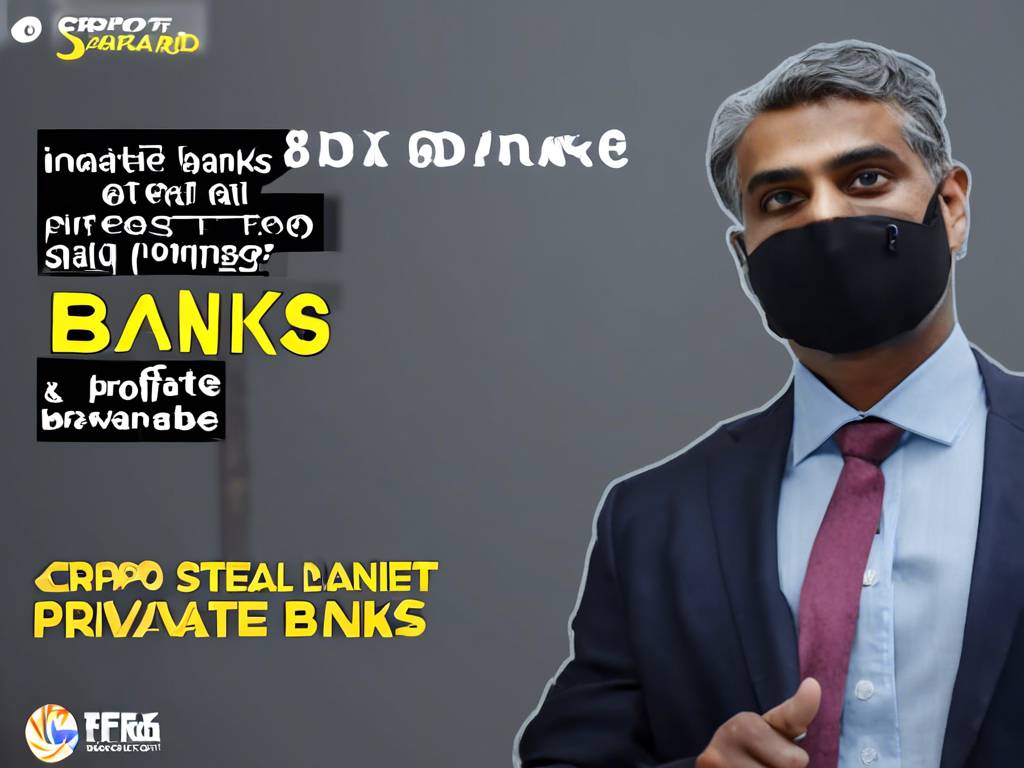**Musk’s ‘Twitter Sitter’ & Title IX Rules Challenged**
In a recent legal battle, the Supreme Court declined to hear Elon Musk’s appeal challenging his “twitter sitter” agreement, which required a lawyer to pre-approve his tweets about Tesla following a settlement with the SEC in 2018. Musk’s penchant for impulsive tweets, including one about securing funding to take Tesla private in 2018, led to legal action by the SEC and a subsequent settlement where he agreed to pay fines and step down as chairman of Tesla’s board. As part of the agreement, he also had to consult a lawyer before posting on Twitter. Musk’s attempts to challenge this agreement, citing violations of his freedom of speech, were rejected by lower courts and the Supreme Court, signaling the importance and credibility of settlement agreements between individuals and regulatory bodies in the legal system.
– Musk’s Legal Battle Over Twitter Posts
– The SEC’s actions following Musk’s misleading tweet about funding secured to take Tesla private in 2018
– Musk’s settlement with the SEC and the conditions imposed, including consulting a lawyer before tweeting
– Musk’s Attempt to Challenge the Settlement
– Musk’s argument that the agreement violated his freedom of speech rights
– Lower courts’ rejection of Musk’s claims and the Second Circuit Court’s ruling on the matter
– The Supreme Court’s decision to decline Musk’s appeal without comment
– Implications of the Supreme Court Decision
– The significance of settlement agreements in legal proceedings
– The role of regulatory bodies in enforcing compliance with settlement terms
– Musk’s Continued Twitter Controversies
– Instances of Musk’s tweets leading to legal scrutiny by the SEC
– Concerns over Musk’s Twitter activity and oversight by his legal team
**Challenges to Title IX Rules on LGBTQ+ Protections**
Republican state attorneys general have filed lawsuits challenging the Biden administration’s new Title IX rules, which aim to expand protections for LGBTQ+ students and enhance safeguards for victims of sexual assault. These legal challenges question the legality of the expanded provisions under Title IX, particularly the inclusion of gender identity and sexual orientation as protected categories. The lawsuits also question the reversal of Trump-era changes to Title IX, such as requirements for live hearings and cross-examination in cases of sexual misconduct on school campuses. The legal battles between state governments and federal agencies highlight the ongoing debates surrounding LGBTQ+ rights, gender identity, and discrimination in educational settings, reflecting larger societal shifts and legal debates on these issues.
– Opposition to Biden Administration’s Title IX Rules
– Republican state attorneys general challenging the expanded protections for LGBTQ+ students
– Legal disputes over the inclusion of gender identity and sexual orientation as protected categories under Title IX
– Reversal of Trump-era changes to Title IX regulations regarding live hearings and cross-examination in cases of sexual assault
– Implications for LGBTQ+ Protections
– Impact of the new Title IX rules on transgender students and their rights to access facilities based on gender identity
– Legal battles between state attorneys general and federal agencies over the legality of the expanded provisions
– Cultural and legal shifts in public opinion and policy regarding LGBTQ+ rights in educational institutions
– Compliance and Enforcement Challenges
– State responses to the new Title IX rules and directives from the Department of Education
– Legal processes for challenging federal regulations and implications for the enforcement of Title IX protections
– Future of LGBTQ+ Rights in Education
– Potential outcomes of the legal challenges to the new Title IX rules
– Continual debates on LGBTQ+ rights, discrimination, and gender identity in educational institutions
– Conclusion and Reflection
– The evolving landscape of LGBTQ+ rights and protections in educational settings
– The role of legal challenges and policy changes in shaping the rights of marginalized communities
**Hot Take: Navigating Legal Battles Over Social Media and LGBTQ+ Protections**
Legal battles involving high-profile figures like Elon Musk and contentious issues such as LGBTQ+ protections in educational settings highlight the intersection of technology, free speech, and civil rights in modern society. The Supreme Court’s decision to uphold Musk’s “twitter sitter” agreement underscores the importance of honoring settlement terms in legal proceedings, even for influential individuals. On the other hand, challenges to Title IX rules on LGBTQ+ rights reflect ongoing debates on inclusivity, discrimination, and gender identity in educational institutions. The legal landscape surrounding these issues will continue to evolve, shaping the rights and protections of individuals in the digital age.
By navigating these legal complexities and upholding the principles of justice and equality, society can strive towards a more inclusive and equitable future for all individuals, regardless of their background or identity. Stay informed about these legal battles and policy developments to understand their implications on civil rights, social justice, and the ever-changing legal landscape in the digital era.





 By
By
 By
By

 By
By
 By
By
 By
By